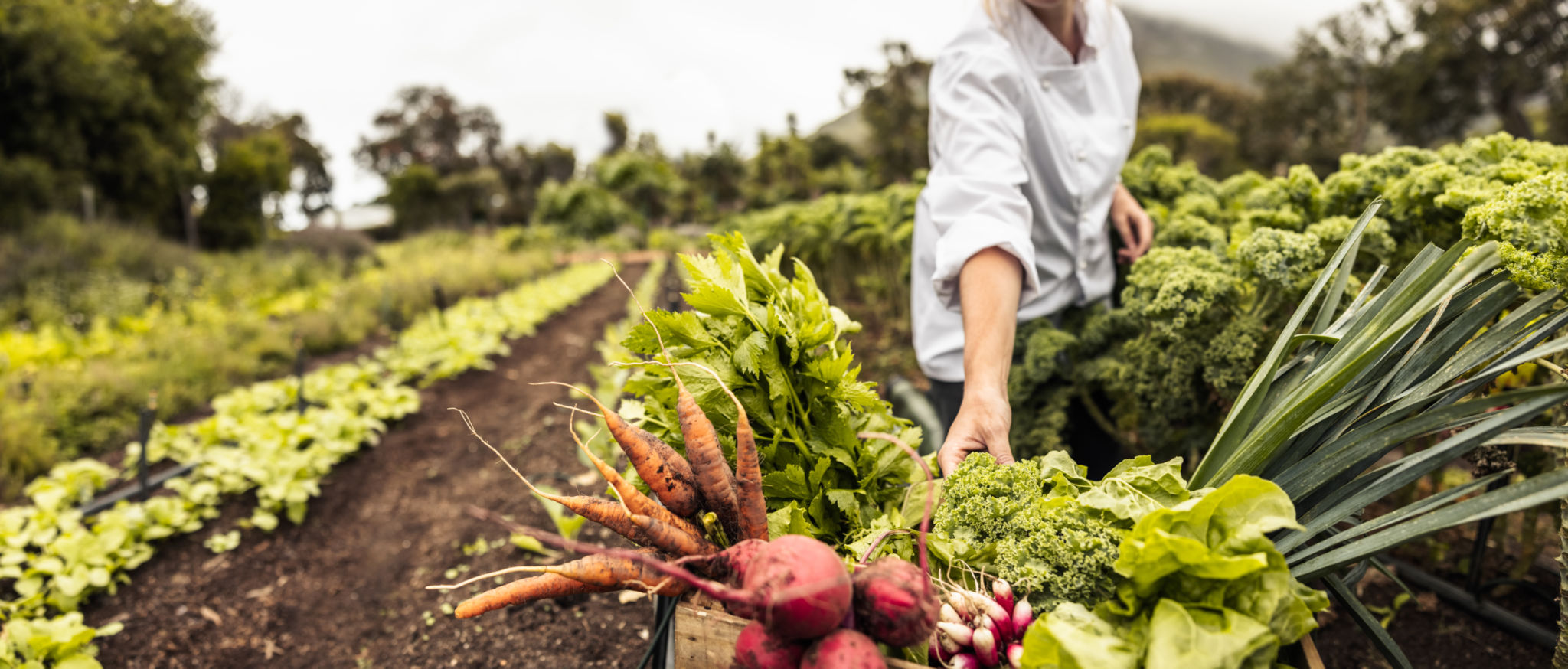Sustainable Practices in the Peruvian Fruit and Vegetable Export Industry
Introduction to Sustainability in Peruvian Exports
The Peruvian fruit and vegetable export industry has grown significantly over the past few decades, becoming a key player in the global market. With this growth, there is an increasing focus on implementing sustainable practices to ensure the long-term viability of resources and the environment. Peru's rich biodiversity and varied climate make it a prime location for producing a wide range of fruits and vegetables, but it also means that sustainability is crucial.

Key Sustainable Practices Adopted
Several sustainable practices have been adopted by Peruvian farmers and exporters to minimize environmental impact and promote social welfare. These include:
- Organic Farming: A growing number of producers are shifting to organic farming methods, reducing the use of synthetic fertilizers and pesticides.
- Water Management: Efficient irrigation systems are being implemented to conserve water, a precious resource in many farming areas.
- Soil Conservation: Techniques such as crop rotation and agroforestry are used to maintain soil health and prevent erosion.
Organic Certification
To ensure the credibility of their organic claims, many Peruvian exporters seek organic certification from recognized international bodies. This not only helps in gaining consumer trust but also opens up new markets that demand organic produce. Organic certification involves rigorous checks and adherence to specific agricultural practices, which often result in higher quality products.

Social Responsibility Initiatives
Sustainability is not just about environmental practices; it also encompasses social responsibility. The Peruvian fruit and vegetable export industry has taken strides in improving the livelihoods of farmers and workers through various initiatives:
- Fair Trade Practices: Ensuring fair wages and better working conditions for farmers.
- Community Development: Investing in local infrastructure and education to uplift farming communities.
- Gender Equality: Promoting equal opportunities for women in agriculture.
Biodiversity Conservation
The unique ecosystems of Peru are home to an incredible array of plant and animal species. To protect this biodiversity, many exporters are involved in conservation efforts that focus on maintaining natural habitats and reducing deforestation. By preserving these areas, Peru can continue to support its rich agricultural output while also protecting its natural heritage.

Challenges and Opportunities
While significant progress has been made, the Peruvian fruit and vegetable export industry faces challenges such as climate change, resource scarcity, and market access issues. However, these challenges also present opportunities for innovation and improvement. By investing in research and adopting new technologies, Peru can enhance its sustainable practices and remain competitive globally.
The Role of Technology
Technology plays a crucial role in advancing sustainability in agriculture. Tools such as precision farming, data analytics, and remote sensing are helping farmers make informed decisions, optimize resource use, and reduce waste. These technological advancements not only improve efficiency but also contribute to environmentally friendly farming practices.
Conclusion: A Sustainable Future
The commitment to sustainable practices in the Peruvian fruit and vegetable export industry is a positive step towards ensuring environmental, economic, and social well-being. By continuing to prioritize sustainability, Peru can maintain its position as a leading global exporter while safeguarding its natural resources for future generations.

